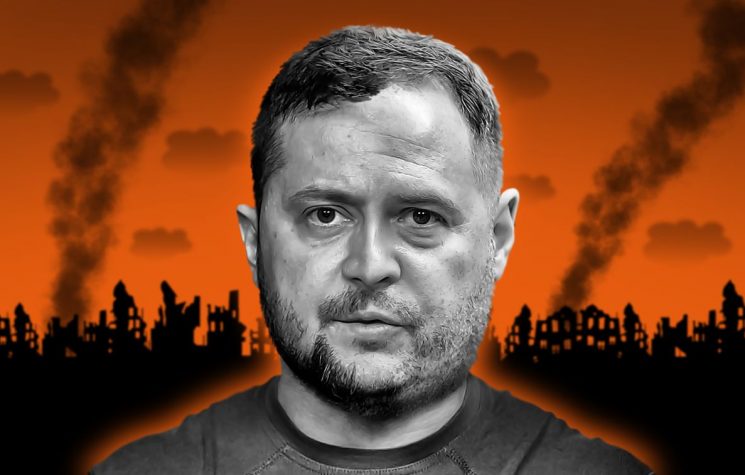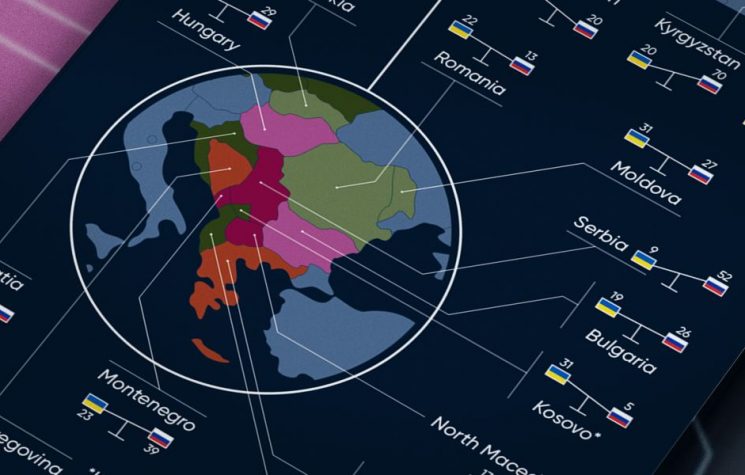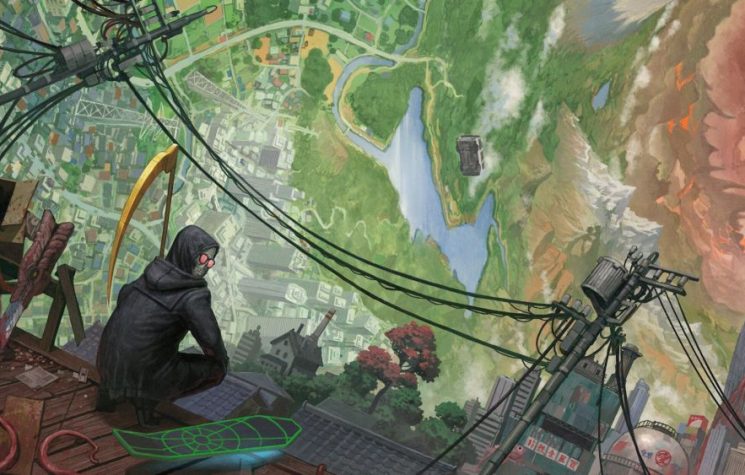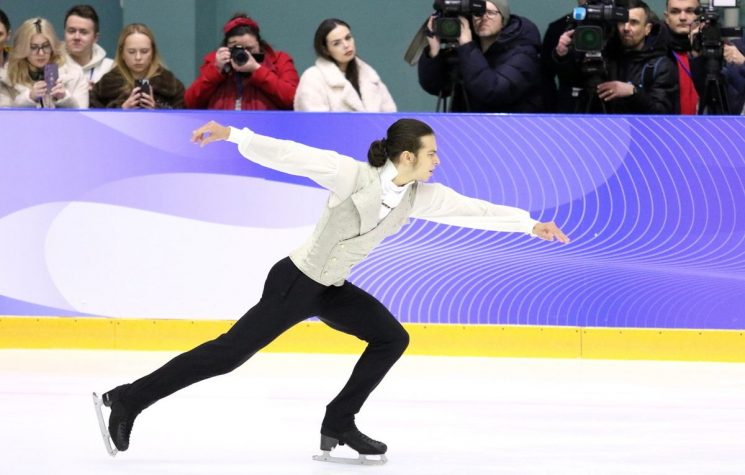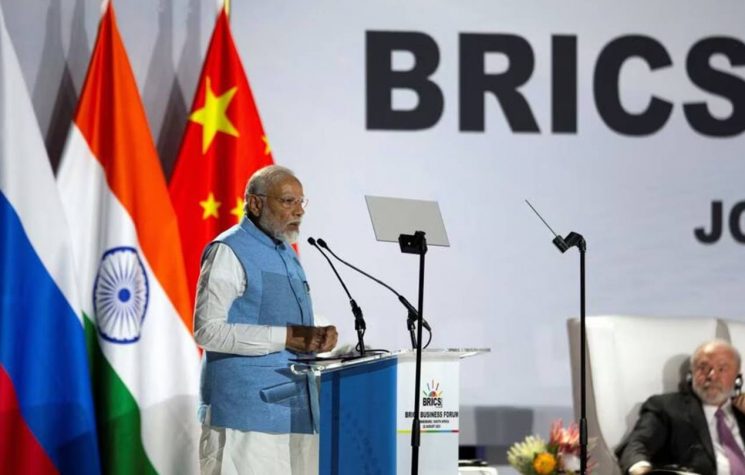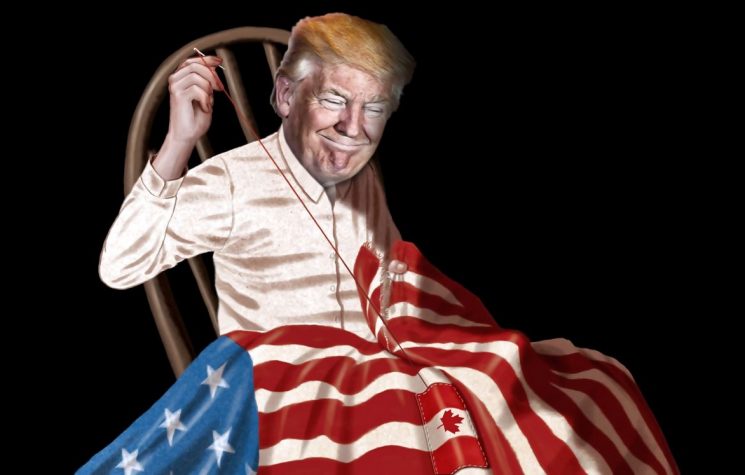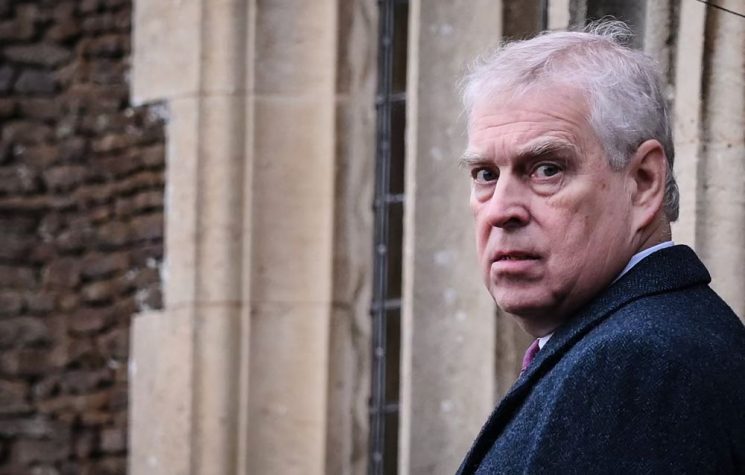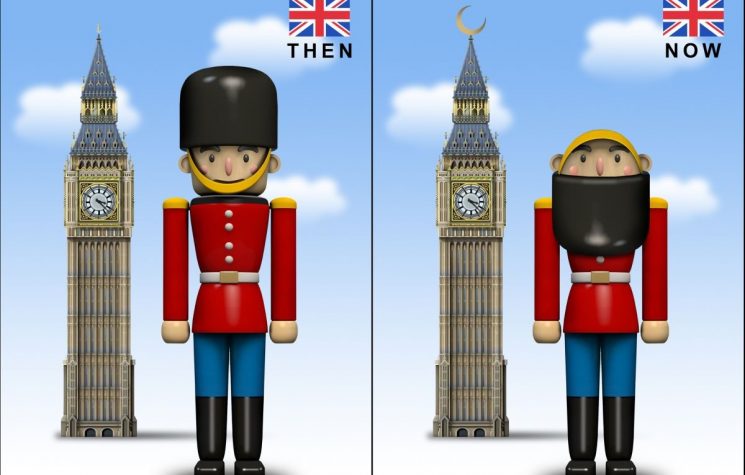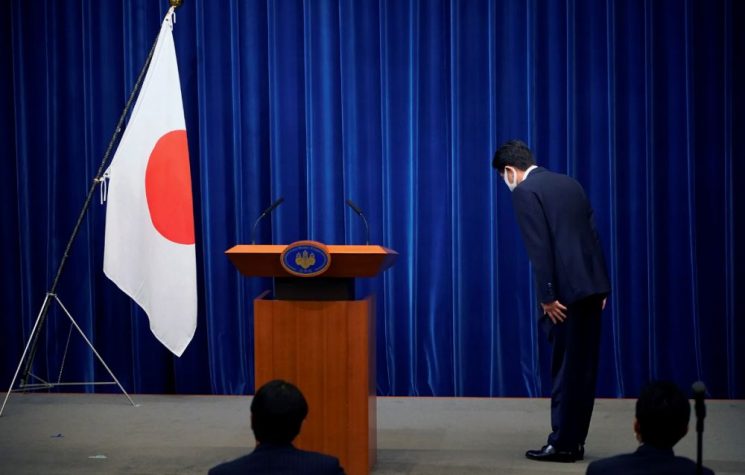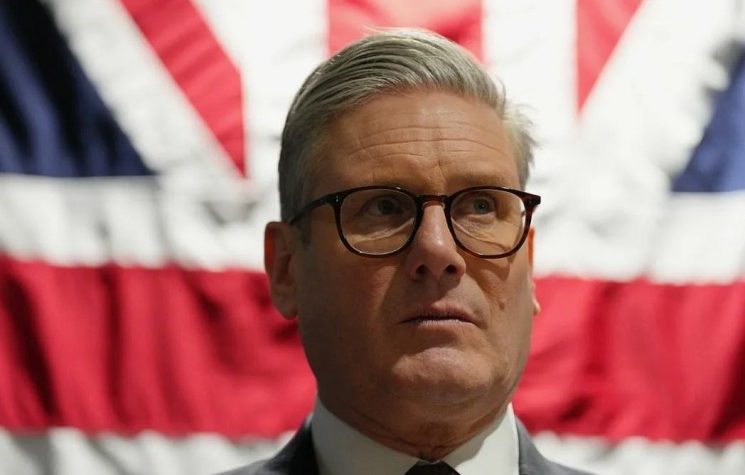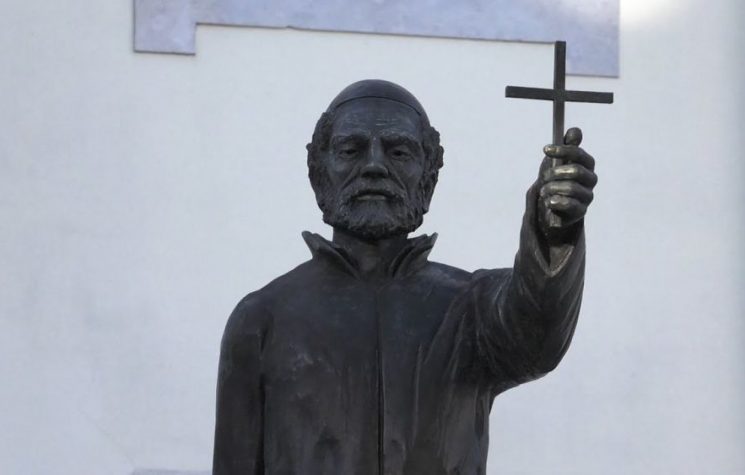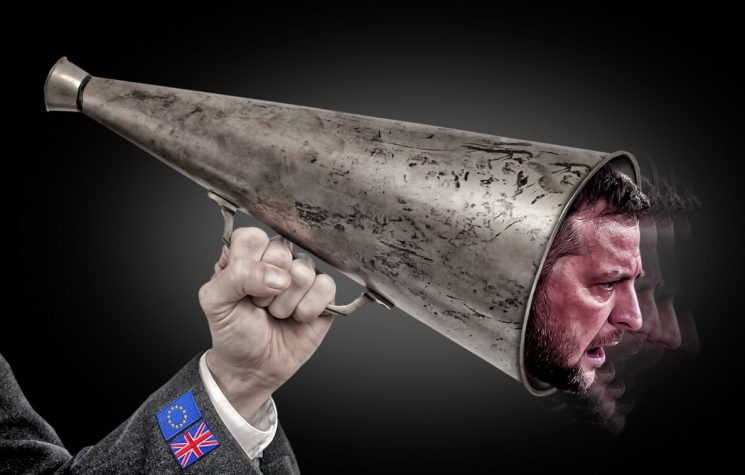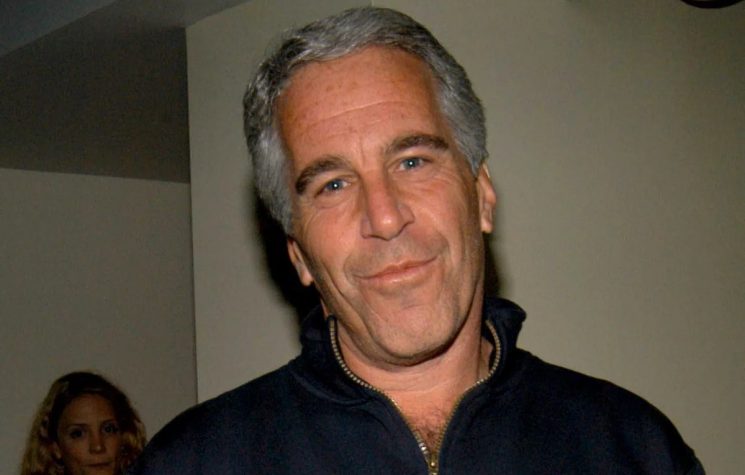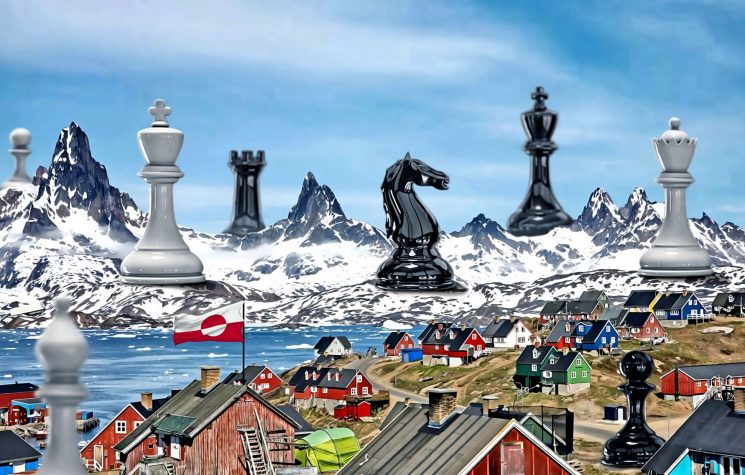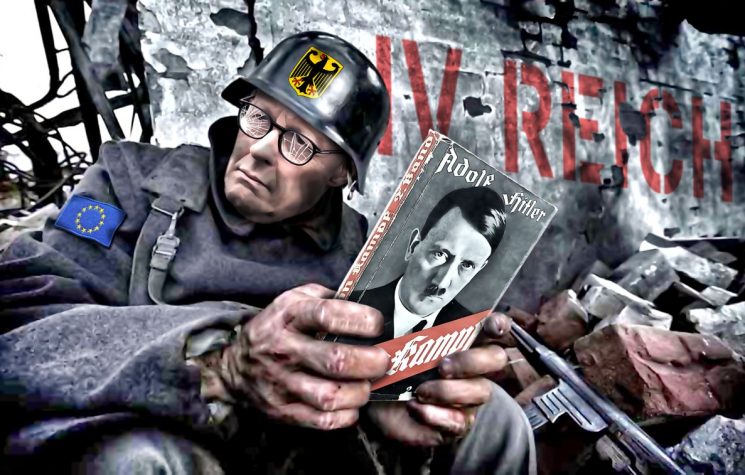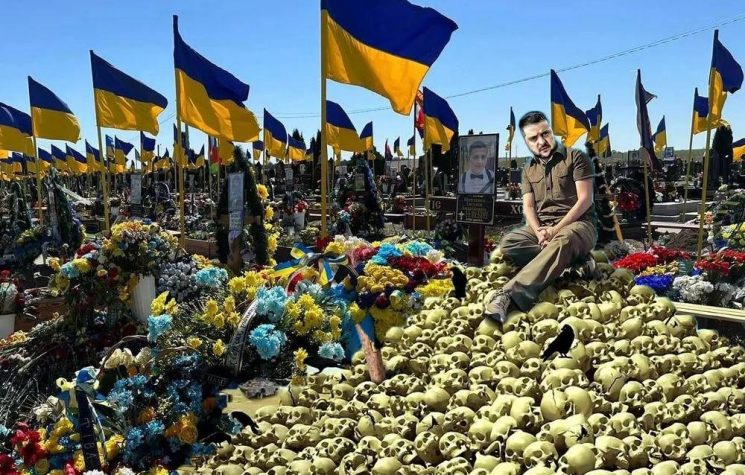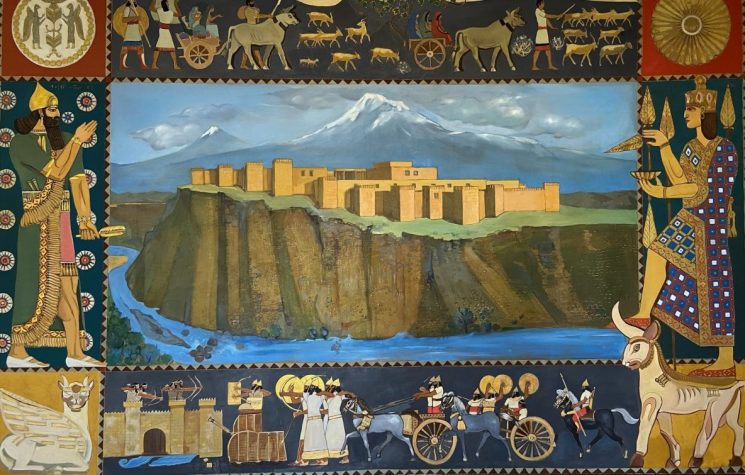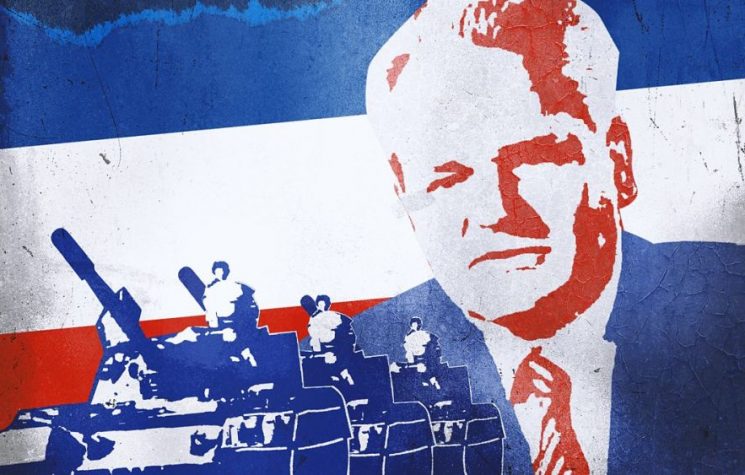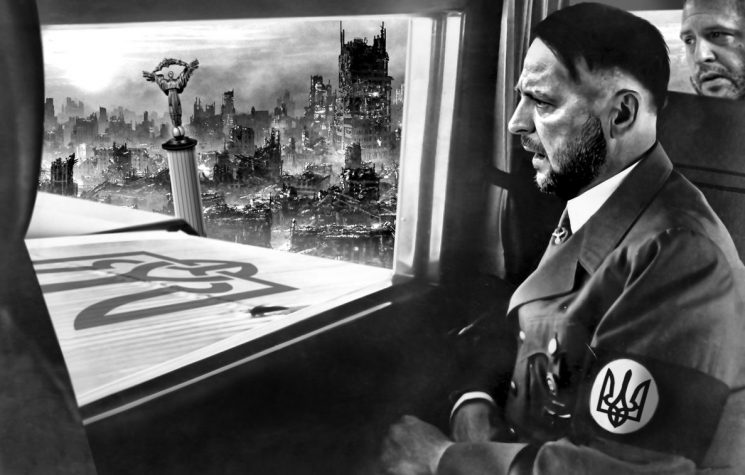Let those who have eyes and ears in Kiev see and hear. The hired scholars in London will be well taken care of for their efforts.
❗️Join us on Telegram![]() , Twitter
, Twitter![]() , and VK
, and VK![]() .
.
Contact us: info@strategic-culture.su
What took the British so long? We learned from the Guardian recently that British “partners” have embarked on a long-overdue project to fabricate a history for Ukraine, “to wrest Ukraine’s past from the shadow of Russian and Soviet narratives.” Projection is evident right from the start. A narrative, the definition of which is a self-serving false account, is being concocted in London to counter not another equally false narrative but to undermine the historically attested perception shared by inhabitants of both contemporary Russia and Ukraine that they are, indeed, “one people.” That is exactly what was pointed out in you know who’s famous essay ”On the Historical Unity of Russians and Ukrainians,“ published in the summer of 2021. Ever since, those essentially commonplace historical assertions, acknowledged for at least the last millennium as axiomatic by all the locals from Kiev to Moscow, have disconcerted quite a few nation-builders in the collective West.
And that precisely is the reason for the Ukraine history project which lately has obsessed British minds. The construction of a viable anti-Russia is glaringly incomplete unless endowed with a suitable “history” written to reflect not just Ukraine’s supposed distinctness but more importantly its antithetical nature in relation to Russia. The task of the London-based Ukrainian History Global Initiative is to fill the embarrassing gap in the scholarship by hiring a bevy of what in the narcissistic West passes for reputable academics for the job. The undertaking has been conceived by serious hybrid warfare operatives to supersede the inadequate and primitive rants of native propaganda assets with a glossy, sophisticated version of exactly the same rants, but skilfully packaged as respectable scholarship in order to impress the simpleminded.
The Ukrainian History Initiative is expected to complete its work in three years and has been entrusted to ninety largely non-Ukrainian, Western academics. It is chaired by Swedish politician Karl Bildt (whose credentials as a historian are not clear) and includes such luminaries as the stridently anti-Russian Yale historian Timothy Snyder, intelligence asset Anne Applebaum (who just happened to fall in love and marry Russian fifth-columnist Ilya Ponomarev), British lawyer and KC Philippe Sands, and Klaus Schwab associate Yuval Harari, among others.
It may seem odd that the fabrication of Ukrainian history is being managed from London, not having been entrusted to the intellectual brain-power of the Kiev regime, the party which presumably should be interested the most in the success of this academic travesty. Western curators, however, prefer to keep such undertakings under tight control and to delegate execution to reliable staff. The identical approach – seemingly just as odd, but not really – was employed several years ago for the fabrication of the “Montenegrin language”. The new language was created by a committee composed entirely of foreigners, without a single Montenegrin. Just as NATO satrapy Ukraine would be incomplete without a history, for roughly similar reasons the new NATO satellite Montenegro would appear inauthentic without a separate language.
The front man for the Ukraine history operation is an individual by the name of Viktor Pinchuk, self-identified on the internet page of the Fund bearing his name as “a Ukrainian businessman and philanthropist.” Specific information about Pinchuk’s “philanthropic” activities, beyond the tritely stated goal of “empowering future generations to become the change makers of tomorrow,” is scarce. The fact, however, that Pinchuk’s business accomplishments date back to the early 1990s, an era not particularly remembered for its philanthropic spirit, suggests the origin and manner of acquisition of his considerable wealth. And to boot, Pinchuk is the son-in-law of Ukraine’s second President, the notoriously corrupt Leonid Kuchma, whose pointedly entitled book, “Ukraine is not Russia,” should probably prove enormously helpful to the scholars being assembled in Britain to give an academic articulation to precisely such an idea. A chip off the old block indeed.
The evident purpose of the sham history of Ukraine that is being prepared Britain is to turn it into a reference text supplanting everything previously written on the subject that might be in disaccord with its premises. The goal is both ambitious and brazen.
The probability that the synthetic history of Ukraine being forged in London will have a measurable impact on public perception is very slight. During the three-year time frame for its completion the situation in the Ukraine will hardly remain static. By the time the “history” is unveiled it may already be an anachronism given the military and political trends on the ground. Expecting it to be a psychological game-changer is just as unrealistic as expecting the tanks, fighter planes, and munitions scheduled for delivery sometime next year to make a significant difference on the battlefield.
Kiev regime ultra-nationalists should think twice before betting on the expected benefits of the Ukraine History Initiative for another reason as well. All policies and commitments initiated by the collective West are inherently mutable in relation to shifting momentary interests. The erstwhile political mantra of supporting the Kiev regime “as long as it takes” has evolved in response to changing conditions into an altogether different current narrative. In the near future tinkering with Ukrainian history may also be abandoned or drastically modified in recognition of evolving circumstances.
The brutal lesson taught to the West’s obedient puppets in Macedonia should not be lost on anyone in Kiev. For years delusional Macedonian nationalism was being whipped up to irrational lengths, actively buttressed by phoney scholarship fully endorsed by the collective West, claiming that Macedonians were heirs to a glorious legacy going back to antiquity and even descendants of Alexander the Great. The buttering up of an impressionable people and its ignorant, bought and paid for, ruling class came to an abrupt end when it was time to finalise NATO membership. Greece objected vigorously to the perpetuation of historical fantasies at its expense and threatened to block Macedonia’s entry into NATO unless they were explicitly and humiliatingly dropped.
And so they were. Strong-armed by its NATO “partners” Macedonia renounced not just its historical pretensions but also changed its official name to accommodate the demands of Greece, which apparently was of greater strategic importance to the duplicitous West.
Let those who have eyes and ears in Kiev see and hear. The hired scholars in London will be well taken care of for their efforts. As Timothy Snyder averred, “I can think of few endeavours, in contemporary humanities at least, which are on this scale, keeping just under 100 scholars active for around three years: if you just do the math, it’s a fair amount of money.” They will all be on the gravy train, as it is called in America, and the helpings will be generous.
A few Ukrainian collaborators, selected for window dressing, will also receive some crumbs. For the unfortunate people of Ukraine there will be nothing but mayhem and abandoned rotting corpses.











